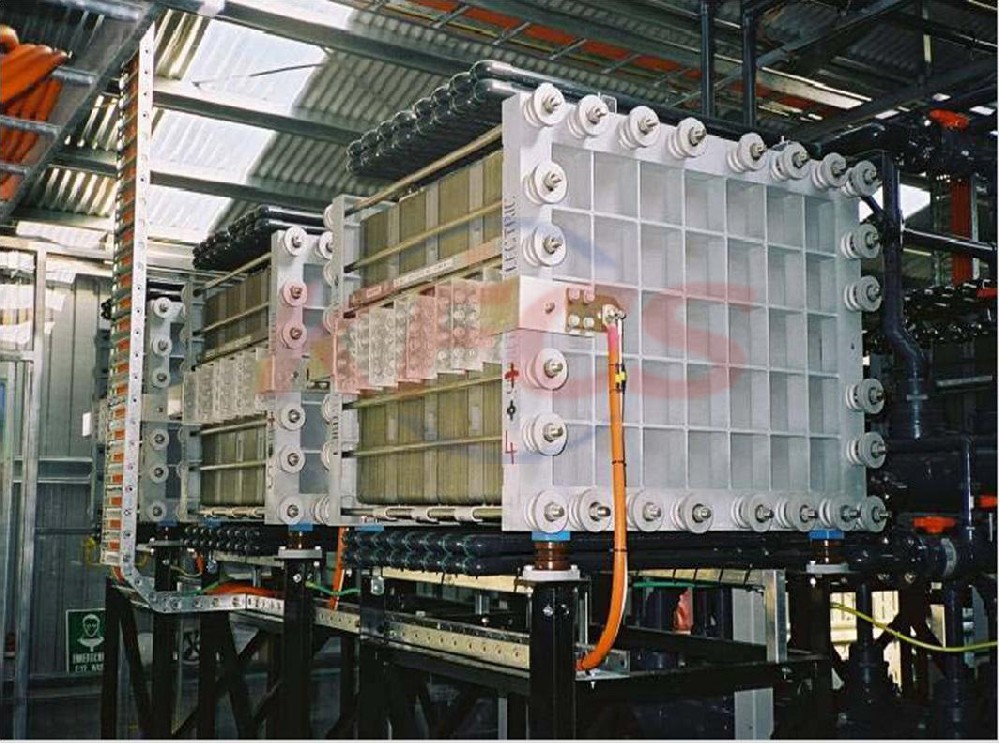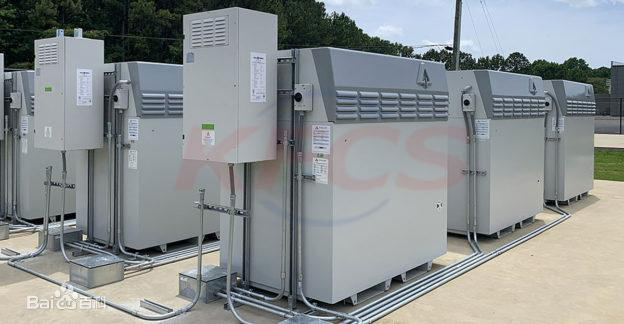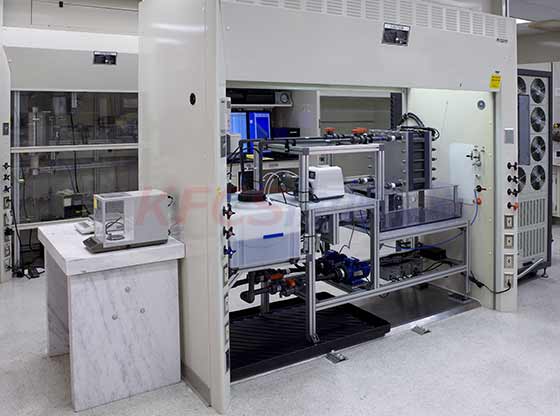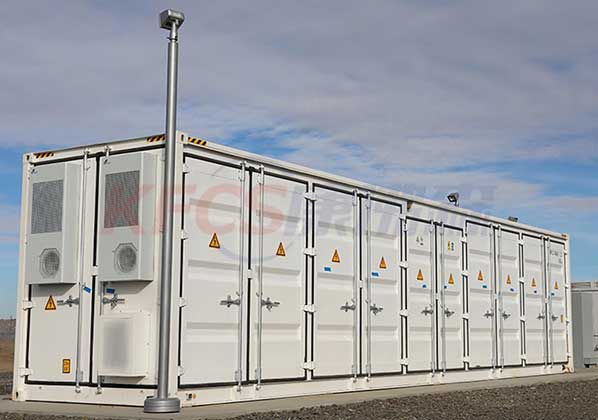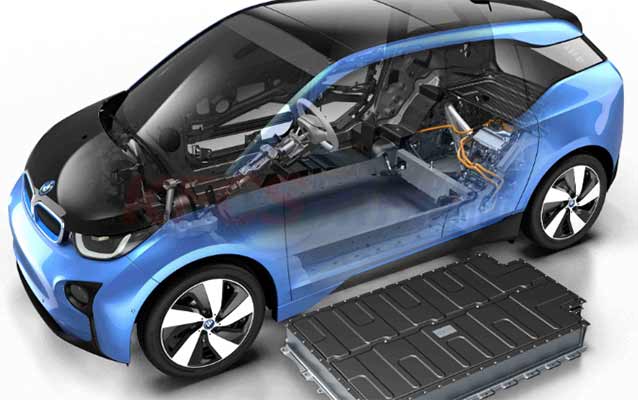Large-scale energy storage: vanadium batteries challenge the lithium battery market
2022-02-10
Large-scale energy storage: vanadium batteries challenge the lithium battery market
According to the research of a market research company, the oxidation flow battery technology (RFB, Redox Flow Battery) will begin to occupy the lithium-ion battery market in the next 10 years, and will exceed the energy storage capacity of lithium-ion batteries in 2031.
Relying on vanadium, zinc-polyiodide, polysulfide bromide or uranium electrolyte solutions in storage tanks, RFBs can store sources of renewable energy, including sunlight, wind or tides, and release them when needed.
At present, more and more countries are implementing green economic policies, and the energy scenario is changing. The role of energy storage in the process of accommodating Variable Renewable Energy (VRE) in the grid is very critical.
The power supply needs to be stable and cannot be stopped due to intermittent wind and sun. Therefore, researchers believe that RFB will appear on a large scale by the end of this decade. Once the market position of the RFB industry is stabilized, it will bring great benefits to the already well-established lithium-ion battery market. big shock.
About News
- Volkswagen USA accelerates the layout of power battery recycling
- Lithium battery recycling process and its application
- How to recycle retired batteries
- New energy vehicle battery after scrap recycling method
- Smart Battery Management System (S-BMS)
- Diluted high-concentration electrolyte improves LMB cycling performance, study finds
- Advantages of vanadium batteries
- Lithium battery recycling: accelerating the construction of industrial chain recycling integration
- The history of vanadium battery
- American Vanadium commits to supply CellCube with 3 million liters of vanadium electrolyte per year over the next five years
Products


